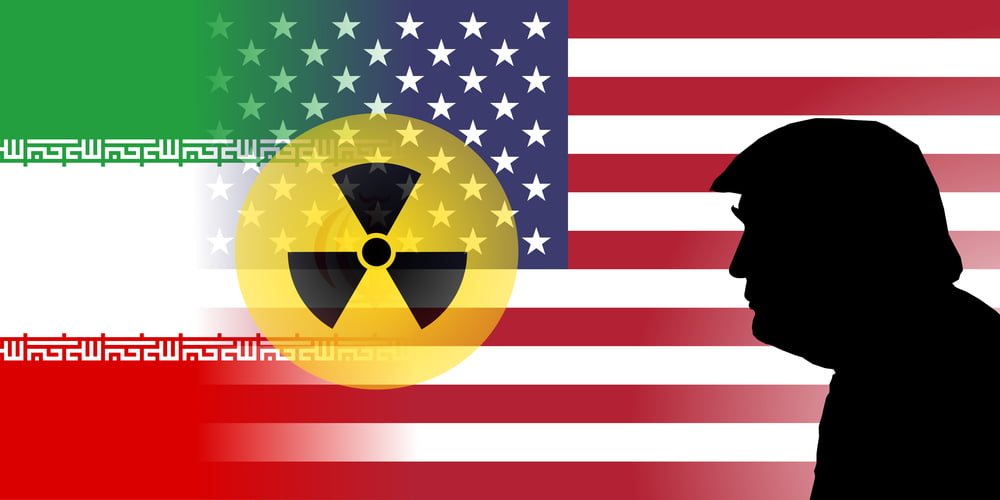Various central banks have shown a keen interest in creating their own digital currencies. Doing so is very different from drafting a whitepaper about it. It now seems most countries have put those plans on ice indefinitely, though Iran is an exception. That nation has decided to experiment with a new cryptocurrency, even though the trading of actual cryptocurrencies such as Bitcoin is officially banned in the country.
Iran Takes a Contrarian Step
While it is only a matter of time until we see more central bank-issued digital currencies come to market, most governments have given up on this concept for the time being. That comes as quite a surprise, even though these governments acknowledge that digitizing existing currencies can be done in far more centralized ways than looking at a new cryptocurrency. At the same time, countries are open-minded toward dealing with Bitcoin, which makes a centralized digital currency rather unecessary.
In Iran, however, things are completely different. This Islamic nation has made some very controversial decisions in the past two weeks. First of all, the Iranian government decided to officially ban the trading of all cryptocurrencies, including Bitcoin and Ethereum. Such a negative attitude toward cryptocurrencies seems to have had an opposite effect, as the demand for Bitcoin and altcoins isn’t slowing down in the slightest.
To top it all off, the Iranian central bank has now begun trialing an experimental cryptocurrency of its own. This experimental model was deemed “ready” at a recent meeting to review its progress. Although it is a bit unclear who attended this meeting, it seems Iran’s cryptocurrency project is firing on all cylinders.
It is not the first time rumors regarding this currency have surfaced. The plan was first introduced back in February, and it received a lot of media attention at the time. The finance ministry’s Post Bank is also said to have been collaborating with local experts to build an experimental cryptocurrency. It seems those efforts have paid off, although further details regarding the currency remain unclear at this time.
It seems Iran is taking a page out of Venezuela’s playbook here. With the latter country also issuing its own cryptocurrency, it seems Iran is also intent on bypassing existing economic sanctions imposed by the United States. Rest assured this cryptocurrency will not fare all that well in this regard. Those sanctions are up for renewal on May 12, although no final decision has been made yet.
All of these projects only give the impression that cryptocurrency can be used to evade sanctions and possibly launder money. Since it is nearly impossible to do so with existing currencies such as Bitcoin and Ethereum due to their transparent nature, it seems some countries are intent on creating their own currencies to accomplish that goal. It’s a very interesting development, though one that shows why existing cryptocurrencies aren’t suited for criminal activity.

